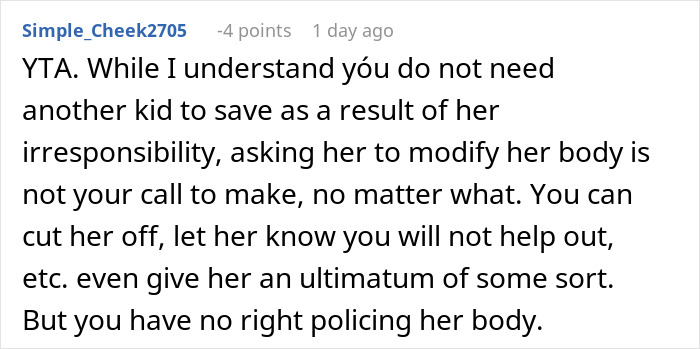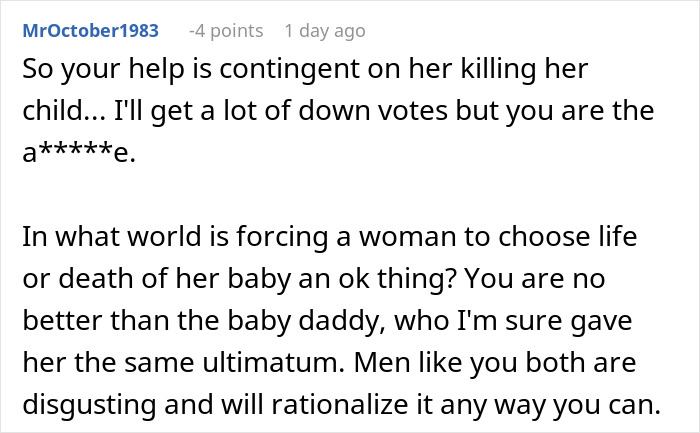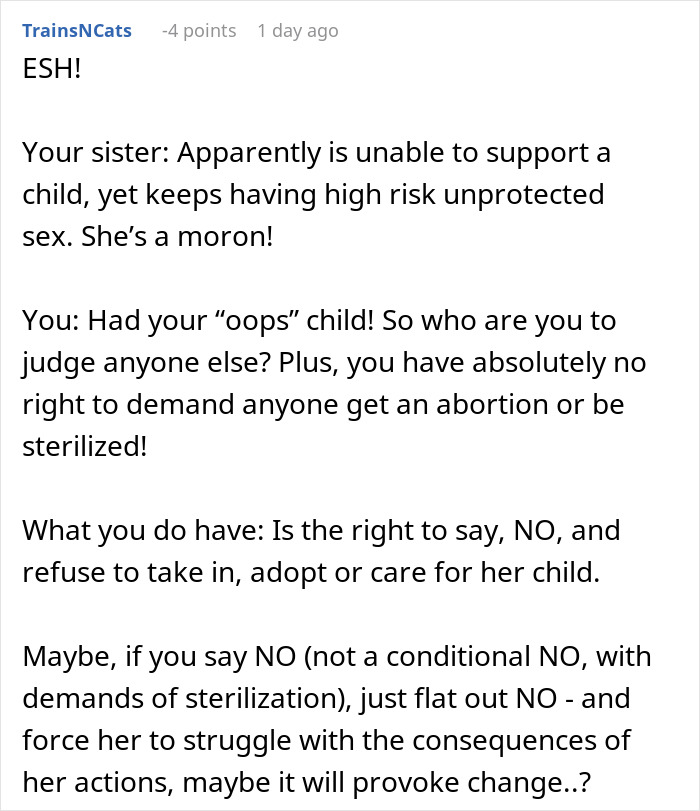Family is important to people. In fact, 73% of Americans say that quality time spent with family is one of the most important things in life. But when it comes to siblings, only 41% of adults report having a close relationship with their brother or sister. Sometimes, it’s the life choices of one sibling that might drive them apart.
In this story, a brother presented his sister with an ultimatum: either she got sterilized and stopped having kids, or he would no longer help her. Since he was already raising her two boys, he didn’t feel much guilt. But when he posted his story online, people had mixed reactions.
Kids are a huge responsibility, and not every person is prepared for that challenge
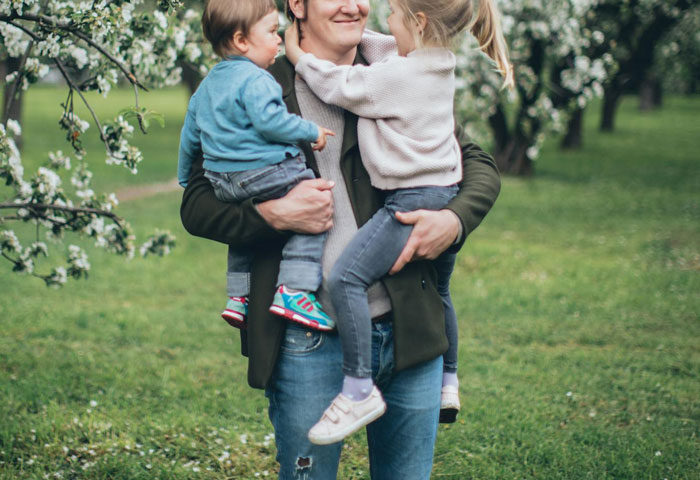
Image credits: Elina Fairytale / Pexels (not the actual photo)
This man was already raising his sister’s two boys, so when he found out she was having a third, he gave her an ultimatum




Image credits: Darina Belonogova / Pexels (not the actual photo)
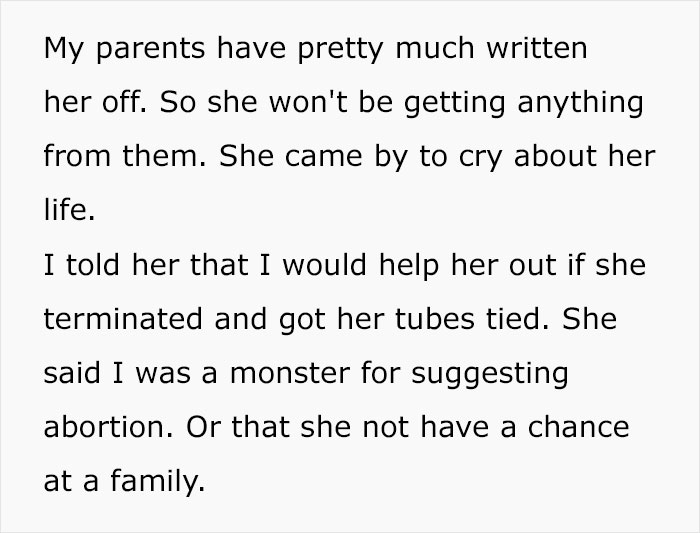


Image credits: Accurate_Mix_4884
Growing up and getting adopted by family members is more beneficial for children than being in foster care
The ideal nuclear family most of us have in our heads consists of a mom, a dad, and kids. However, many children may not have one parent or even both. Others, like the two boys in this story, are raised by members of their extended families.
Data shows that over 2.4 million children in the U.S. are being raised by extended family members. Most often, grandparents are the primary caretakers, but uncles, aunts, and even close family members count in the statistics, too.
The situation when a family member adopts their relative’s child is kinship adoption. There are no clear statistics on how common kinship adoption is. But, according to the Adoption and Foster Care Analysis and Reporting System, about 35% of adoptions in 2020 were made by stepparents or other relatives.
Today’s Caregiver writes that the primary reason family members become the primary carers of children is drug and alcohol abuse by birth parents. Often, military parents also can’t provide care for their children, so family members step up. Other reasons include poverty, incarceration, or even family violence if a family member worries about the well-being of the child.
Experts say that kinship care is more beneficial to children than being in foster care. “Research demonstrates that children placed with kin experience increased stability, improved well-being and behavioral health outcomes, and higher levels of permanency when compared with children placed in foster care with strangers,” according to Casey Family Programs.

Image credits: Mikhail Nilov / Pexels (not the actual photo)
Helping a younger sibling shouldn’t eclipse a person’s right to their own life and identity
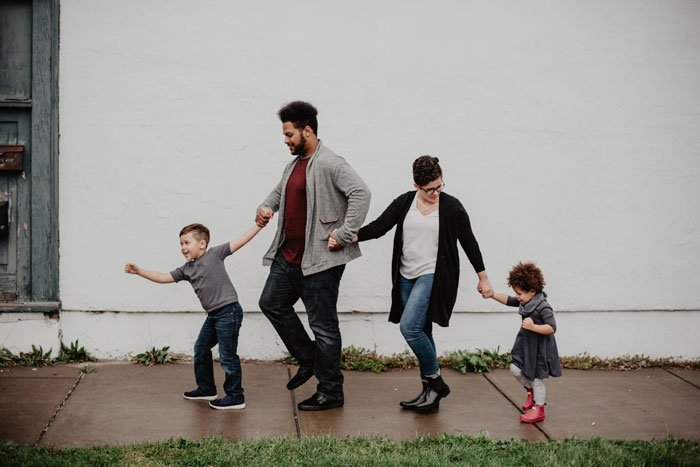
Image credits: Emma Bauso / Pexels (not the actual photo)
Adult sibling relationships can be hard. A brother or a sister might be the person you’ve grown up with as best friends, but time might alter that relationship. “Your siblings are your first real chance to share life with others,” Geoffrey Greif, the co-author of Adult Sibling Relationships and a professor at the University of Maryland School of Social Work, told NPR.
He explains the dilemma many siblings face: how to say ‘no’ or cut contact with toxic siblings. “If I have a disagreement with a friend or with an intimate partner, I have the option of dropping them. There may be a cost to that. But if I have a sibling relationship, I need to figure out what to do with that and where to put it in the mosaic of my family.”
Older siblings often have it even harder. Just like in this story, they might assume the role of a caregiver or parent to their younger sibling. In a previous interview, mental health consultant Imi Lo told Bored Panda that parentification can happen even when siblings are adults.
“When older siblings are expected to automatically assume caregiving responsibilities, even into adulthood, it can significantly impact their autonomy, identity development, and pursuit of personal goals. Their own needs end up being subordinated to those of the family,” she explained.
“While helping care for younger siblings in moderation can foster positive qualities like responsibility and empathy, it should not be an automatically assumed role that eclipses the older sibling’s own needs,” Lo added. “Older siblings have a right to their own lives and identities.”
In this case, the brother had to step up to the role of a parent when his sister couldn’t take care of her children. And while giving ultimatums or pressuring a person to make reproductive decisions is not the right way to go, one can understand his frustrations and where he’s coming from.
One netizen warned the brother that he might land in some legal trouble after talking like that

Many people backed the man for telling his sister the harsh truth
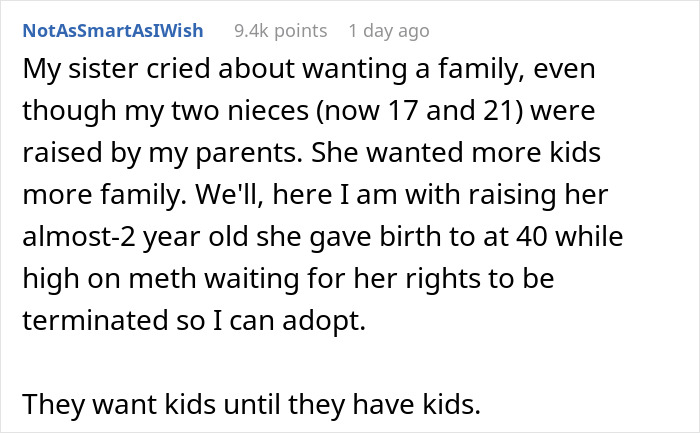


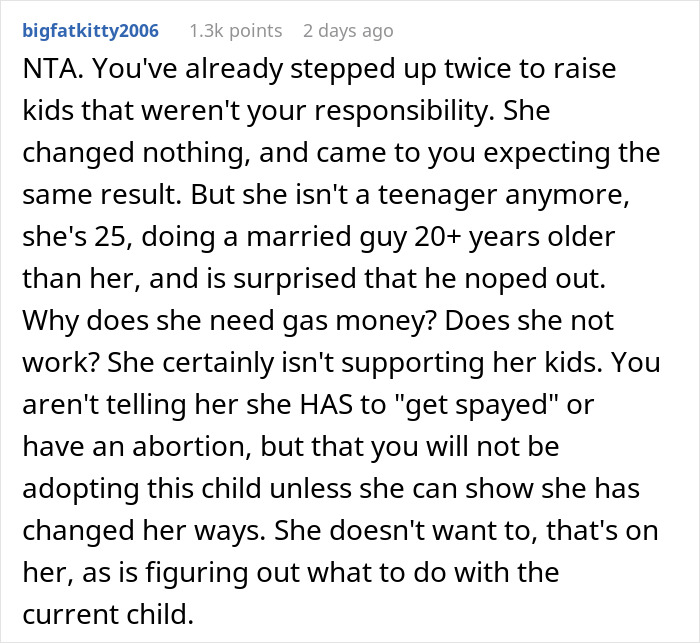
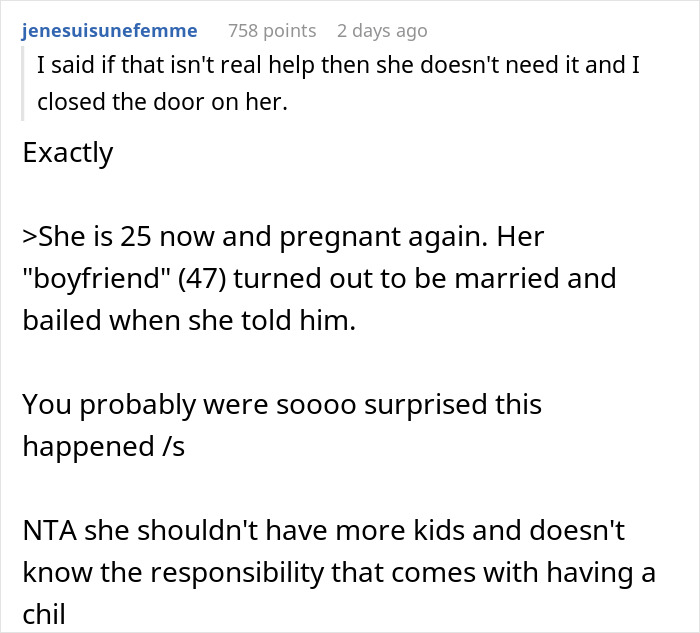
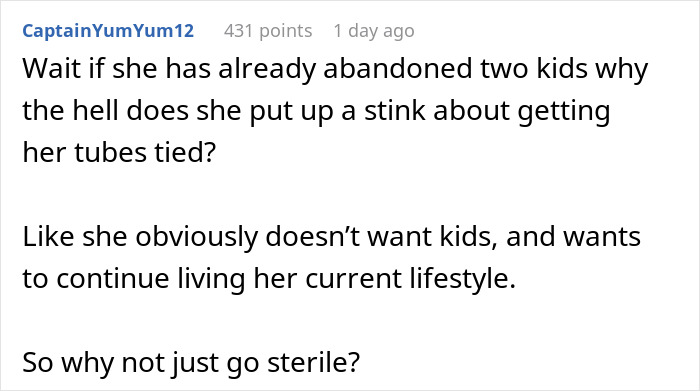
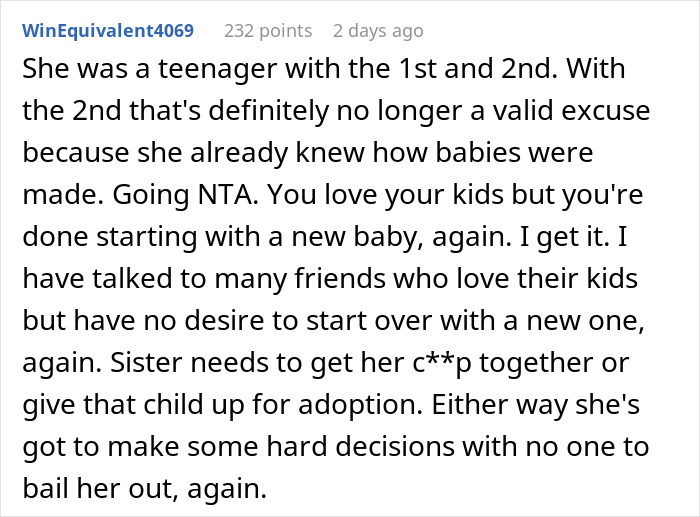


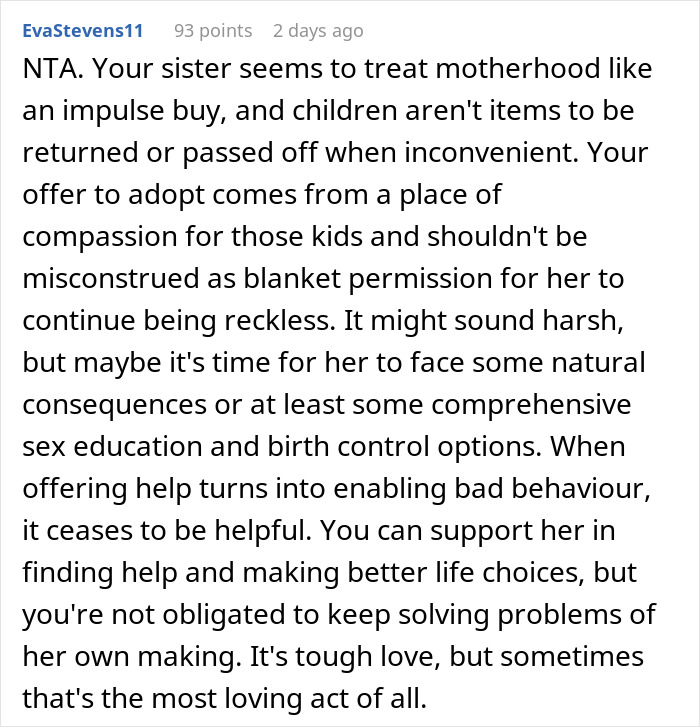
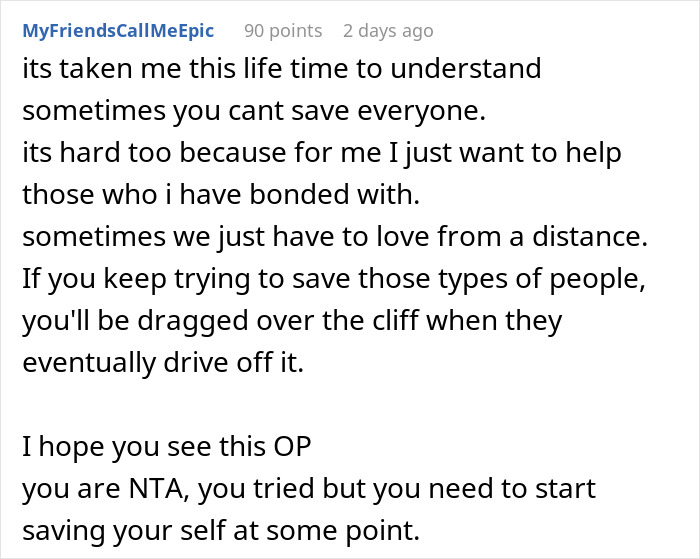
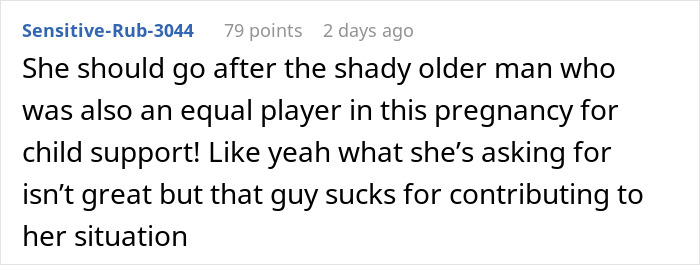



But some accused him of pressuring his sister and policing her body
